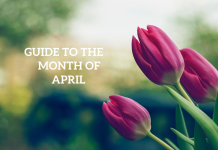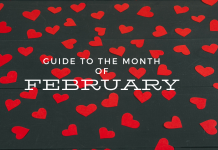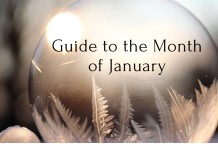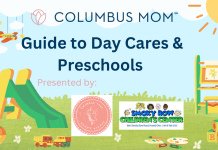For my family, 3/21 is considered a holiday. We celebrate it with as much recognition as other more mainstream holidays that fall on the calendar throughout the year. Why 3/21? It’s World Down Syndrome Day. Individuals with Down syndrome have 3 copies of the 21st chromosome, so the 3/21 date is quite significant. My oldest son has Down syndrome, and we take advantage of this annual opportunity to raise awareness and acceptance that people like him are equal and able members of their communities.
We work really hard as a family, and as advocates, to educate our family, friends, and communities about what Down syndrome is, and perhaps more importantly, what it’s not. We want people to see my son for who he is as a whole, which is often difficult because many people only see his Down syndrome. We need more members in our community to stand with us and work toward equality for individuals with intellectual disabilities. But we also recognize that advocacy can be intimidating or overwhelming. I promise that it’s easier than it sounds! Here is a list of actions you can take as an advocate:
If you hear someone use the “r-word,” call it out.
This is a big one. So many people throw the word “retard” (or another one of the awful iterations of that word) around liberally, both in casual conversation and in social media exchanges. It’s inappropriate, disrespectful, and outdated. There are plenty of other words to use, even if you “don’t mean it that way.” Enough is enough. (And for the love of everything pure and good, if you are still using that word, just stop.)
Work toward more inclusive experiences.
Many of our schools are still segregating students with Down syndrome, and that trend continues outside of the schoolyard and well into adulthood. Look around your child’s school; do they have peers with disabilities in their classrooms? Are there kids with intellectual disabilities participating in the same extracurricular activities as your child? Do families with a loved one with disabilities attend your place of worship? Do the shops and restaurants you frequent employ people with Down syndrome? If the answer to any of these items is “no,” it’s time to ask some tough questions. Change happens when we know better and can speak up.
Educate yourself about Down syndrome.
A person has Down syndrome, they do not have “Downs.” My son is not a “Downs kid” or a “special needs kid”; he is a person with Down syndrome. We use person-first language in the Down syndrome community; even being aware of this and changing your mindset can make a huge impact in your community. Here in Columbus, we are so fortunate to have the Down Syndrome Association of Central Ohio. The DSACO website contains great resources to inform us about Down syndrome, how we can support and encourage individuals with Down syndrome, and how we can be more active in the Down syndrome community.
Treat people with Down syndrome as you would treat anyone else.
One of my biggest pet peeves is hearing someone speak to my teenage son with Down syndrome as if he is a toddler. I can see his frustration when this happens too. They don’t mean any harm in it, but it’s disrespectful. He wants to be regarded as a teenager, just like any other teen. Remember the Golden Rule? It applies to people with disabilities too.
While many advancements have been made in the last 30 years, there are still too many misconceptions surrounding Down syndrome. Individuals with this syndrome are perfectly capable of doing many of the same things that people without it can do; they may just need additional time and support to accomplish those things. For too long, we’ve written these individuals off, hidden them away in our communities, and perpetuated myths that they are less than everyone else. It’s well past time to end those misconceptions. There are many adults with Down syndrome who are attending college, owning businesses, working and volunteering in our communities, and making contributions to society. I fully expect my son to follow in those footsteps and add his own marks of accomplishment. To do this, though, he will need the support of our community.

World Down Syndrome Day offers the perfect opportunity to begin working toward a more inclusive society. We hope you’ll join us in our celebration!
















